Is a 99% mortgage a good idea? What you need to know about the rumoured spring Budget proposal
News that 1% deposit mortgages could be announced in the spring Budget will have sent first-time buyers’ hearts racing but are they a good idea? We asked the experts to find out
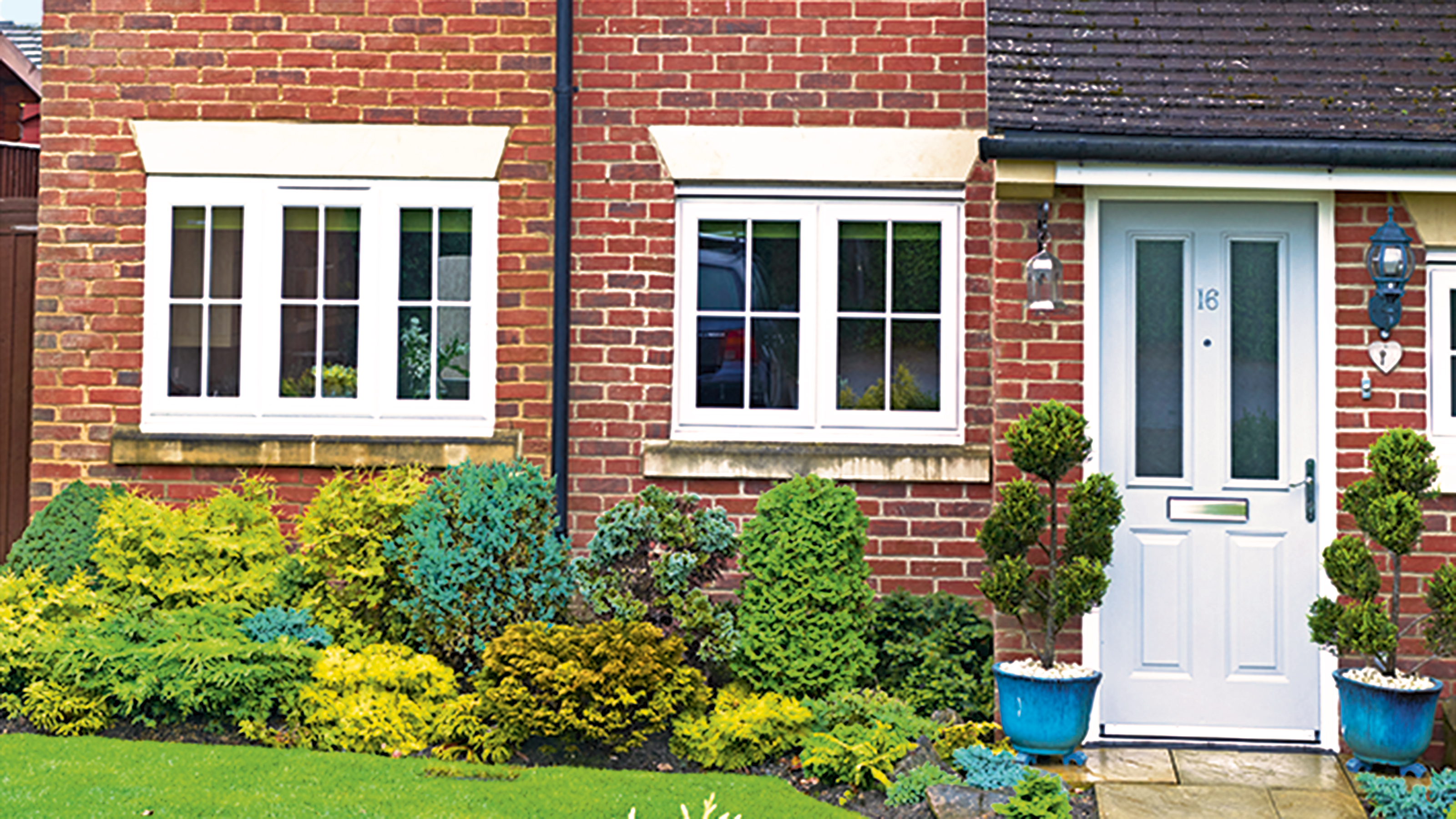
The 99% mortgage scheme reportedly under consideration by the government would help a generation of young renters to buy their first home with a deposit as little as 1%.
Not much else is known about the proposal which may be unveiled during the Budget on March 6 although it is believed that the government could guarantee the mortgages. If the borrower is unable to pay their debt and the property was repossessed, the government could guarantee to cover the lender’s costs up to an agreed limit so the lender does not lose money.
We asked our experts to take a closer look to find out if this could be the best first-time buyer mortgage and a golden opportunity buyers have been waiting for.
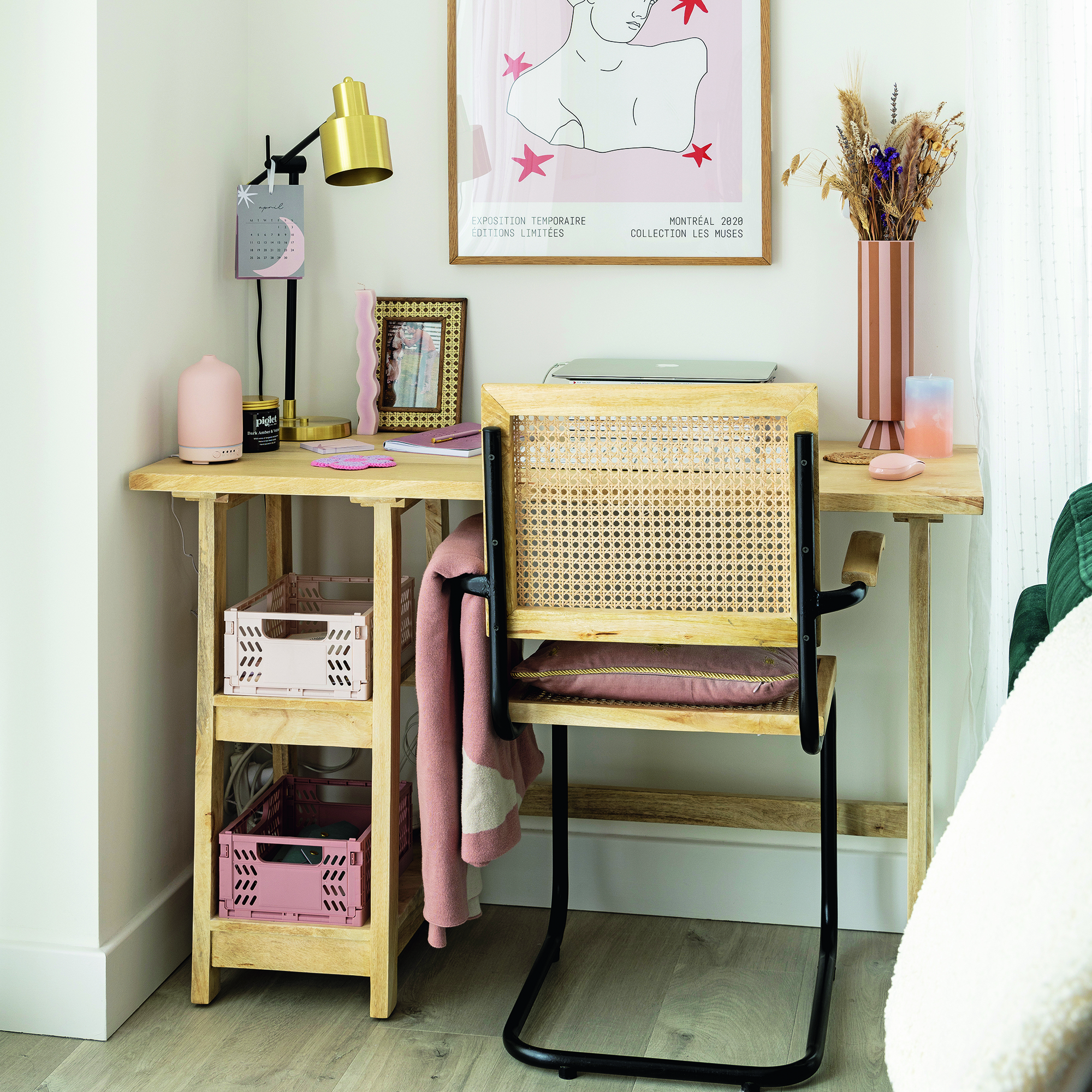
Rowan Frayling, managing director of mortgage broker J Finance, says: ‘As a headline this potential scheme sounds fantastic. Who wouldn’t like the idea of saving as little as 1% to own your own home rather than saving 5% or 10%. While it sounds appealing, I’d say that’s where the bonus ends. In reality, a high-interest rate on a bigger mortgage could prove prohibitive for many buyers.’
What is 99% mortgage?
Anyone buying a home with a 99% mortgage would need to save a deposit equal to 1% of the purchase price. If you’re buying a property with a £300,000 price tag you would need a deposit of £3,000 and mortgage finance of £297,000.
A 99% loan-to-value mortgage would allow buyers who do not have a 5% or 10% deposit, but do have sufficient earnings to afford a higher mortgage payment, to buy a property much quicker.
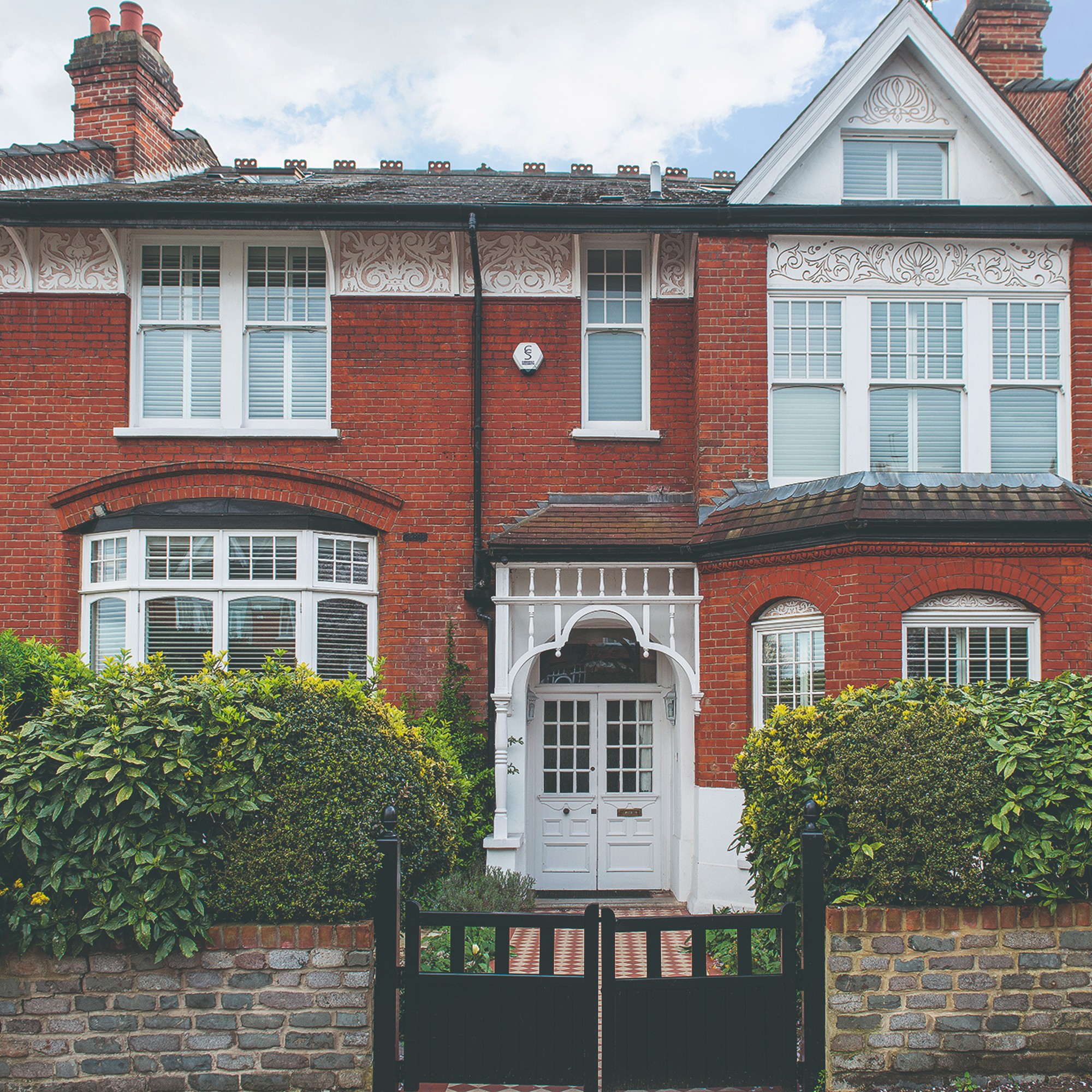
Affordability challenges
For many first-time buyers, however, the monthly cost of the mortgage and the credit score requirements of the lender could put this type of mortgage out of reach.
Get the Ideal Home Newsletter
Sign up to our newsletter for style and decor inspiration, house makeovers, project advice and more.
The average 95% mortgage rate is currently 5.88% for a two-year fixed rate according to financial data experts Moneyfacts. Frayling says, that although no information about rates for a 99% mortgage has been released, we could assume lenders would offer rates of around the 6% mark.
The smaller your deposit the bigger your mortgage debt will be which will push up the monthly payment even higher.
For a couple both working in full-time jobs without dependents a higher monthly mortgage payment may still be manageable. For a single applicant or households on lower incomes with high childcare costs, it may not.
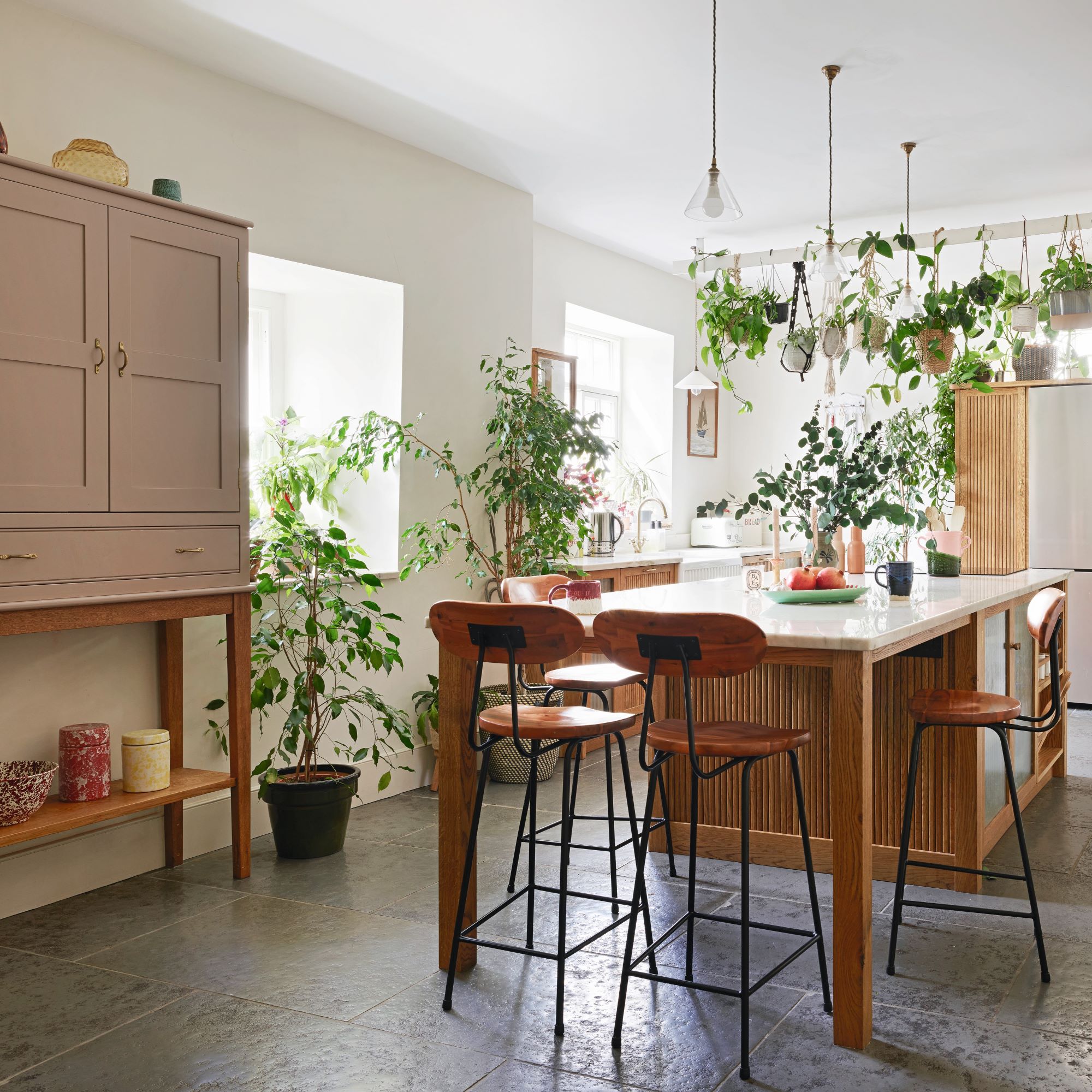
Risk of negative equity
Negative equity means that the value of your mortgage debt is higher than the value of your property. This happens when your home falls in value after you have bought it.
In 2023, house prices fell by 1.3% compared to the previous year according to Rightmove.
Matt Coulson, director of brokerage Heron Financial, says: ‘'If we see the same house price falls this year and you’ve bought your home with a 1% deposit you’re immediately into negative equity,’ says Mr Coulson. ‘You may be unable to sell the property and will be stuck in it for some years even if your circumstances change and you need to move home.'
If you sold your home while in negative equity you would not be able to repay your mortgage in full, but you can use your own savings to repay any shortfall.
Lack of remortgaging choice
After two or even five years, it is unlikely that your loan to value will have decreased significantly, particularly if house prices fall slightly this year and stay flat for some time.
Your loan-to-value indicates how high your mortgage balance is compared to the value of your home. If, after your mortgage deal expires, your loan to value is still above 95% you would probably only be able to get a new mortgage deal from your existing lender.
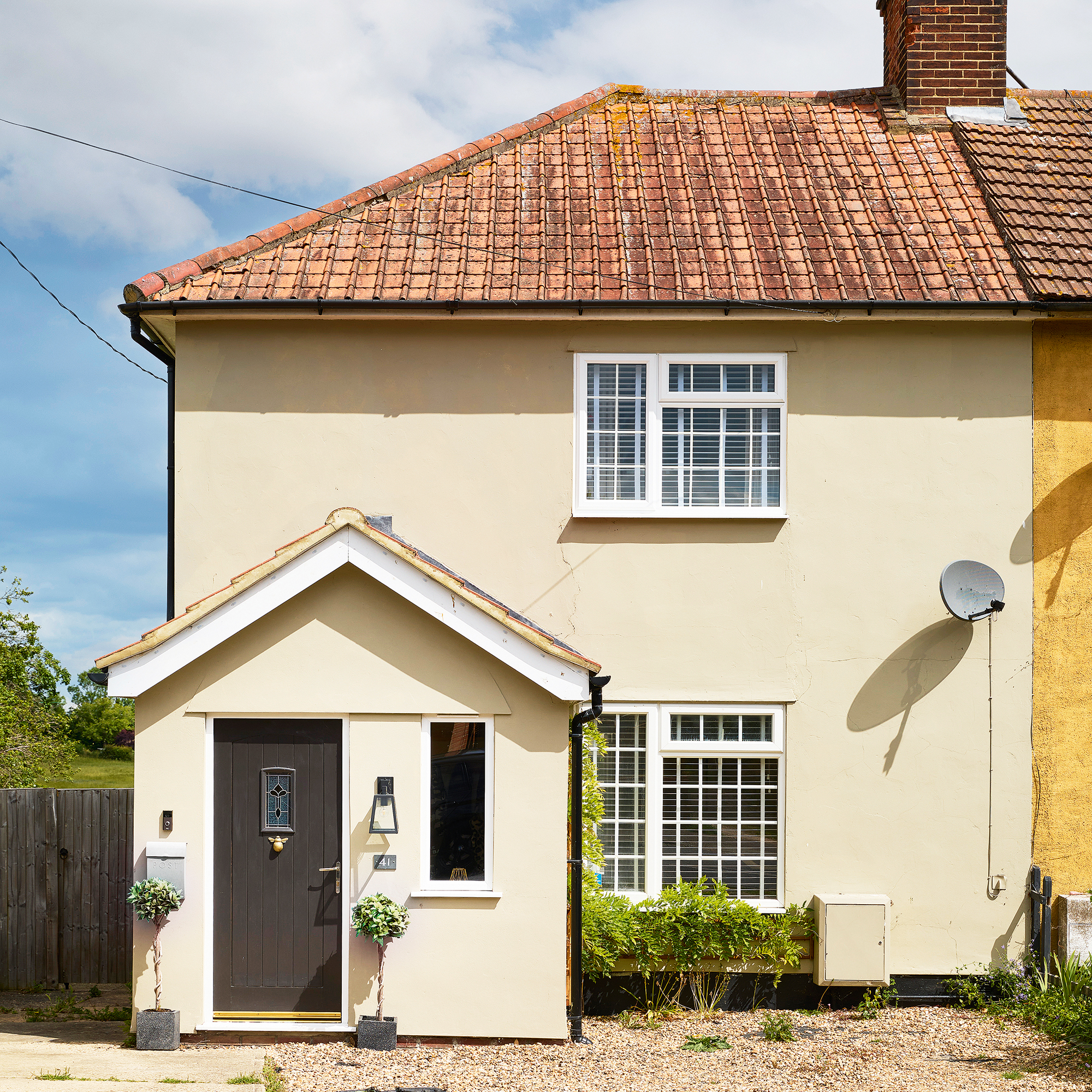
If your loan to value was still above 90% you would have limited remortgaging options.
Coulson adds: ‘It’s great that a solution for first-time buyers is being discussed and that in theory, we have a government willing to look at the issues a first-time buyer is facing but I would advise borrowers to proceed with caution and take advice from a broker first.
‘There is a lot of mortgage choice in the 95% market right now with better rates or you could seek help from family members to boost your deposit so you can avoid taking a 1% deal.’
Inflated house prices
A knock-on effect of launching a scheme that could create high demand for housing is that house prices could soar.
Frayling says: ‘This initiative could over-inflate the housing market a bit like the stamp duty holiday or the Help to Buy scheme which drove up the price of new-build properties because the scheme was selling the idea of free money.’
Buying a home with a ‘tiny’ deposit that has an over-inflated price tag is a big risk, adds Frayling, particularly as that price may drop when the scheme ends.
Samantha Partington is a personal finance journalist specialising in mortgages and the property market.
Over the past nine years, Samantha has worked for the Daily Mail, trade website Mortgage Solutions and business title Property Week. She regularly writes for national money pages including Money Mail and Sun Money and supports prop tech firms with content writing.
-
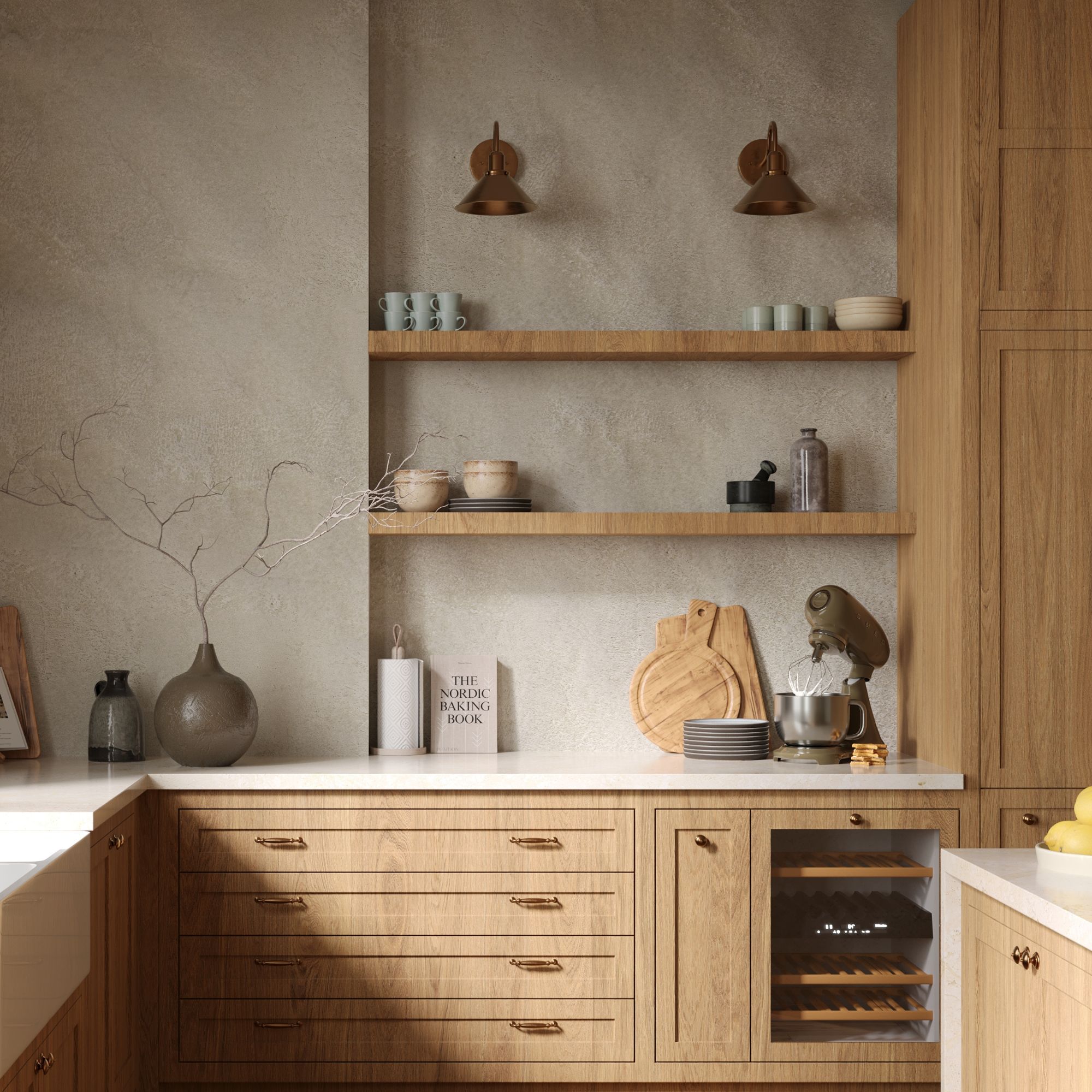 Wood drenching is the calming new twist on the colour drenching trend – here’s how to make the look work in your home
Wood drenching is the calming new twist on the colour drenching trend – here’s how to make the look work in your homeIt’s easier than ever to embrace natural materials
By Maddie Balcombe
-
 Aldi is launching a £200 day bed with four different features - its sleek design is suited to the whole family
Aldi is launching a £200 day bed with four different features - its sleek design is suited to the whole familyYou don't want to miss out on this Specialbuy
By Kezia Reynolds
-
 How to set up a drip watering system that saves water and a lot of effort
How to set up a drip watering system that saves water and a lot of effortKeep your plants hydrated (and your water bill down) with this clever garden watering solution
By Natalie Osborn